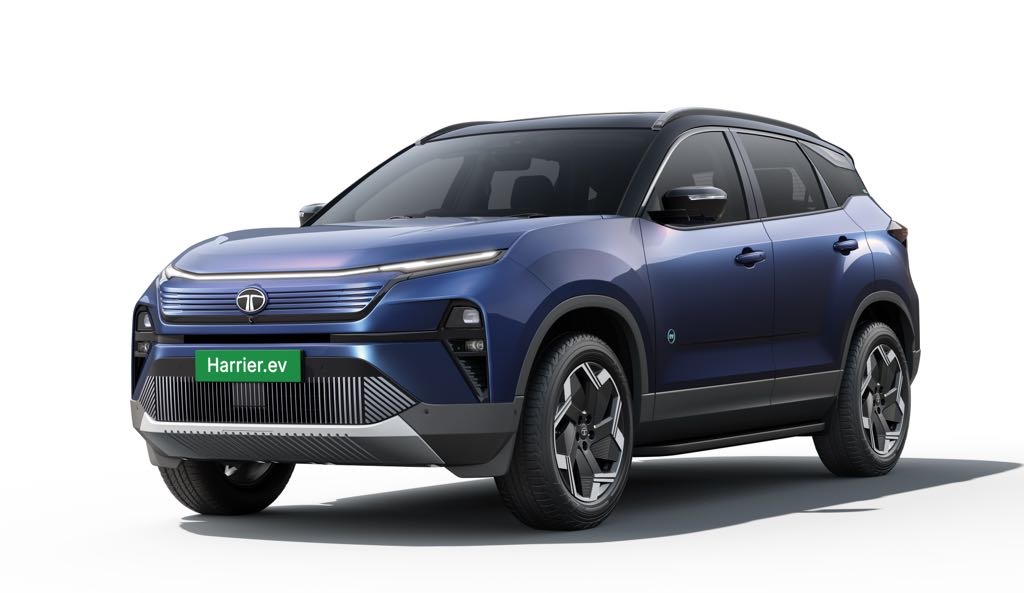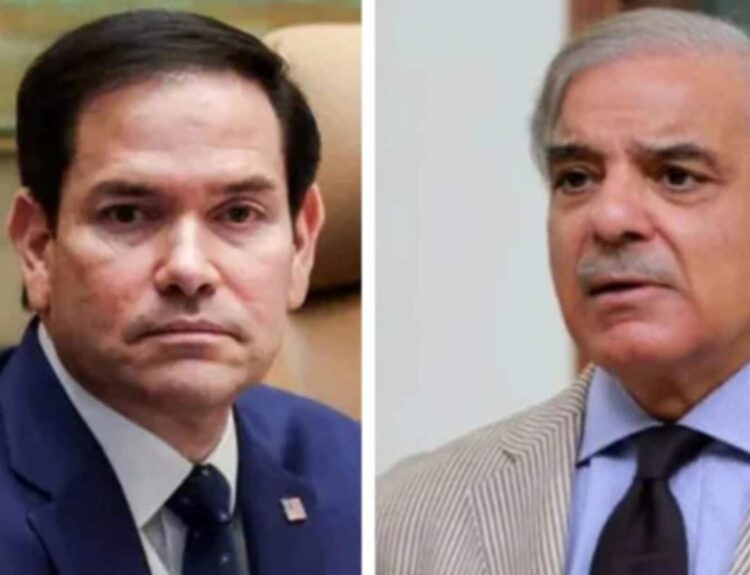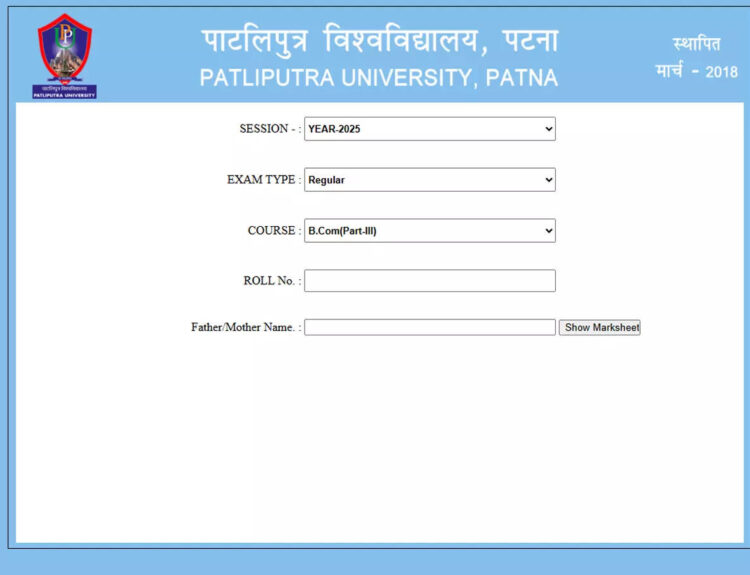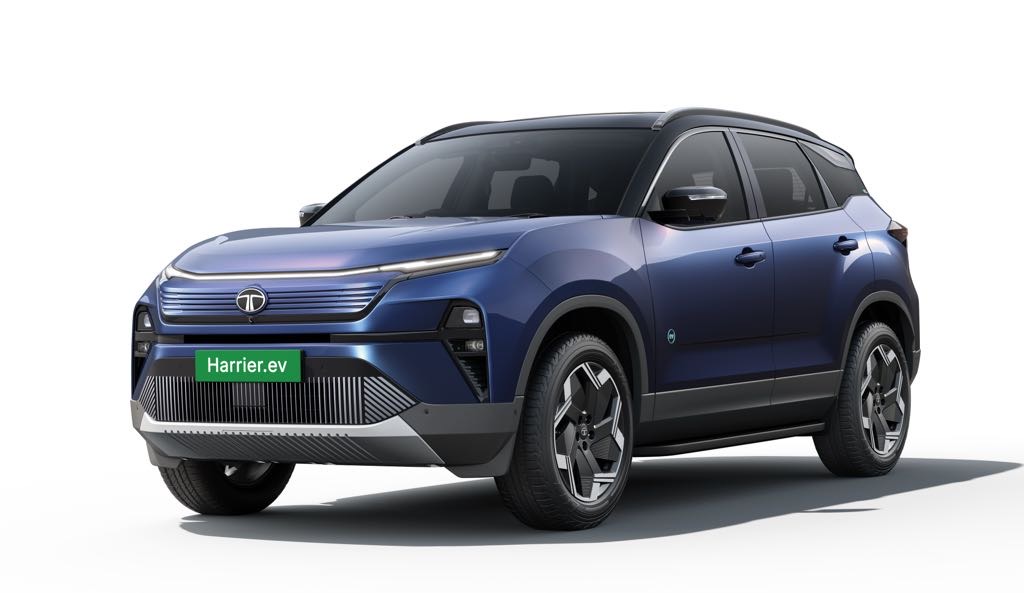
Tata may adopt hybrids if market demands, but remains focused on EVs
Tata Motors, a leading player in India’s automotive sector, has indicated that hybrid powertrains could be added to its portfolio if market conditions evolve in their favour, even as the company maintains its strategic focus on electric vehicles.
The evolving regulatory landscape, with several Indian states offering or considering tax incentives for hybrids, has prompted Tata Motors to keep its options open. States like Uttar Pradesh have already waived registration tax for hybrid vehicles, while Karnataka is reportedly considering similar measures, bringing hybrids closer to EVs in terms of fiscal benefits.
According to Shailesh Chandra, Managing Director of Tata Motors Passenger Vehicles and Tata Passenger Electric Mobility, while the company’s long-term commitment remains firmly with EVs, hybrids could be deployed to stay competitive in specific market segments. Tata currently categorises hybrids under its petrol vehicle mix and sees potential for their use in enhancing product performance, beyond just emissions considerations.
The company’s powertrain forecast reflects this cautious approach: Tata anticipates 30% of its vehicle mix coming from EVs, 27% from CNG models, 6–10% from diesel and the remainder from petrol, which includes hybrids. Chandra emphasised that any decision to introduce hybrid vehicles would depend on evolving customer demand, regulatory policies and competitive dynamics within each market segment.
However, Tata Motors has expressed reservations about state-level incentives for hybrids, especially when such technologies are considered commercially viable without government support. The concern is that increased incentives for hybrids might dilute the momentum of India’s EV transition—a shift that requires significant investment and policy alignment.
Currently, EVs benefit from a national GST rate of 5%, compared to a 43% GST on hybrids. Yet, with states narrowing the overall tax gap by offering hybrid-specific concessions, companies like Toyota and Maruti Suzuki, known for their hybrid models, have welcomed these developments. In contrast, pure EV players like Tata Motors and Mahindra fear that such incentives could slow the country’s progress toward a cleaner, all-electric mobility future.
Chandra reinforced Tata’s belief that EVs represent the “destination technology” and that government support should prioritise overcoming challenges such as affordability and infrastructure, rather than diverting attention and resources toward interim solutions like hybrids.
Nonetheless, Tata Motors acknowledges that hybrids remain an important part of the global automotive landscape and could play a role in India’s market if consumer demand and competitiveness warrant their introduction.
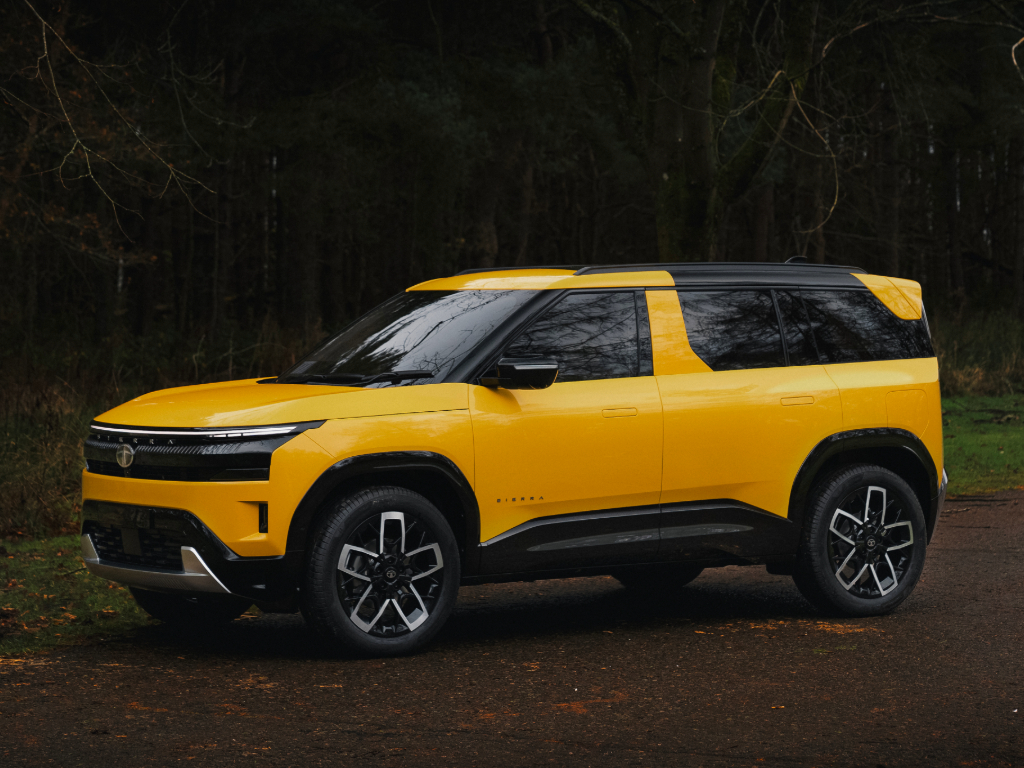
The post Tata Motors Could Join The Hybrid Race But EV Fans Won’t Be Happy! appeared first on MotorBeam.
